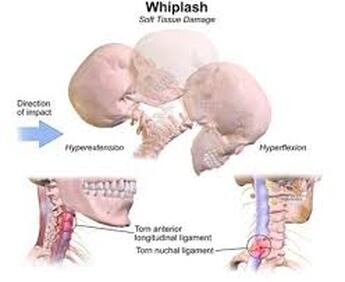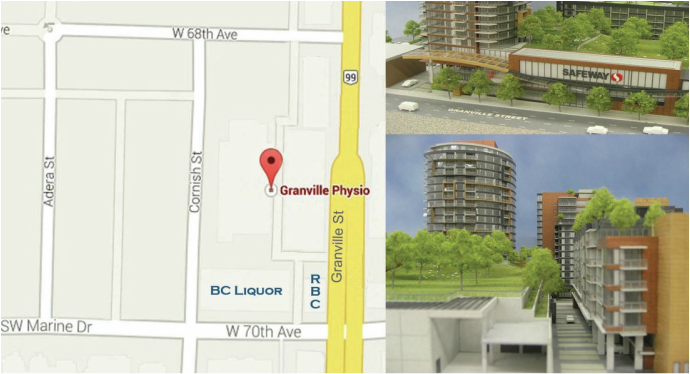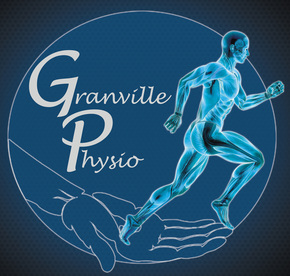Whiplash Associated Disorder (WAD) (Jenna)Whiplash associated disorder (WAD) is an umbrella term for the injuries sustained during sudden acceleration-deceleration movements (i.e. whiplash), and commonly occurs due to motor vehicle accidents. A variety of anatomical structures may be affected by whiplash and whiplash-associated disorders (WAD), depending on the force and direction of impact. Some injuries include:
|
symptoms
|
causes
|
treatment
|
how does physiotherapy help?
- Manual therapy can help relieve tension in stiff muscles of the neck, upper back, and shoulders, as well as improve blood circulation to promote healing and reduce pain
- Reducing muscle stiffness can also be beneficial in reducing muscle tension-related headaches
- Intramuscular stimulation (IMS) induces local inflammation to improve blood flow, aid in healing, and reduce pain
- Promotes relaxation of the injured and surrounding muscles, reducing any spinal nerve or joint compression, and thus allows for improved mobility
- Ice/heat therapy improves blood flow and reduces pain
- Exercise prescription and modification will help in strengthening muscles of the neck, upper back and shoulders, which is beneficial in cases of WAD to help improve strength, gain stability, and enhance range of motion


